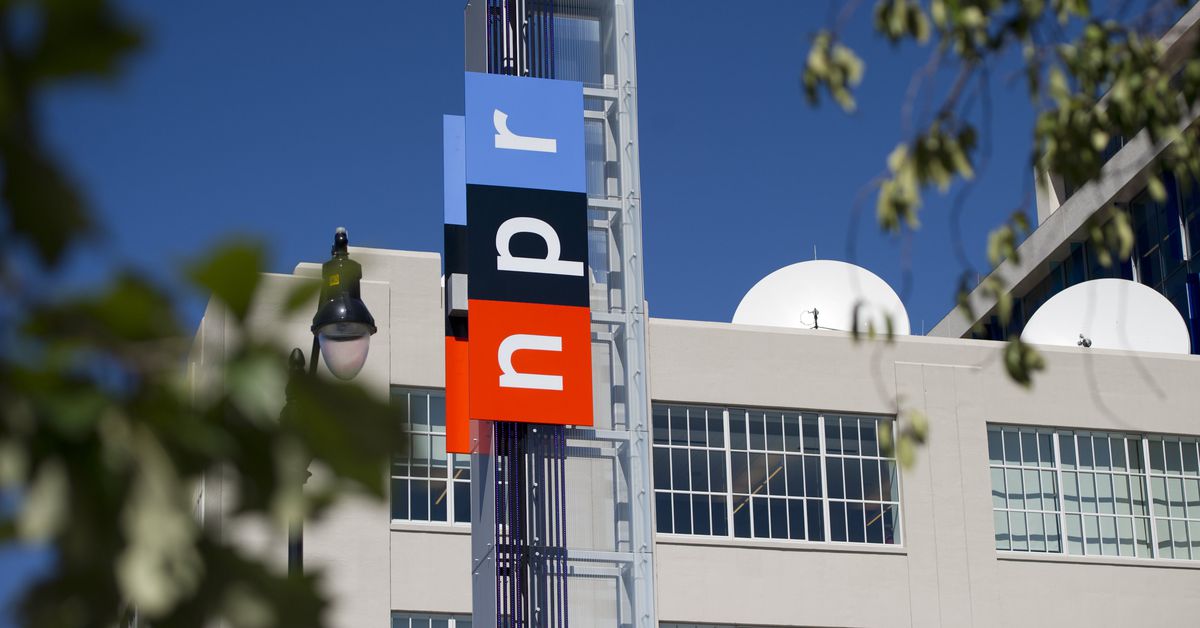
This is Hot Pod, The Verge’s newsletter about podcasting and the audio industry.
Hi, everyone — I’m starting off today with some big news to share: next week will be my last at Hot Pod and The Verge. Before coming here, all I wanted was to cover the podcasting industry, and I still can’t believe I managed to get a job doing just that. Even when the news was bad (which, let’s be real, was often), I was buoyed by the passion and innovation of this community. It’s been a real privilege getting to know so many of you.
I’ll have a few more stories coming out before I leave as well as some final thoughts on the state of the industry. My colleague Jake Kastrenakes has a note below with more information about the newsletter moving forward.
As for me, I know this is the part where I am supposed to say, “I’ll have more to share about my new job soon,” but ~twist~, there is no new job! I am taking some time at home with my 11-month-old before moving on to the next thing. He is a good little man, if also a menace.
Hey, everyone — Jake here. I wanted to give you all an update on Hot Pod ahead of Ariel’s last day. It’s been a delight reading Ariel’s editions of this newsletter over the past two years, and I’m excited to see what she does next. We’re going to miss having her around.
We won’t have a new writer in place by next week, so we’re planning to put Hot Pod on hiatus while we figure out next steps. Hot Pod has been an important fixture in the podcasting world, and we value the community we’ve helped bring together in this space. You’ll be the first to hear our plans for the future of the newsletter.
Now, back over to Ariel for the day’s news.
Today, debate about NPR’s political leanings after an explosive essay by a former editor was published in The Free Press. Plus, Spotify links up with Substack and SiriusXM adds to its true crime roster.
This one seemed tailor-made for internet outrage. NPR business editor Uri Berliner published an essay in The Free Press titled “I’ve Been at NPR for 25 Years. Here’s How We Lost America’s Trust.” The argument he makes is that the outlet has become orthodox in its progressivism and values racial diversity over “viewpoint diversity,” which has led to an increasingly homogenous audience. “An open-minded spirit no longer exists within NPR, and now, predictably, we don’t have an audience that reflects America,” he wrote.

